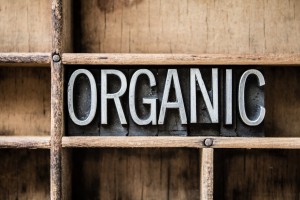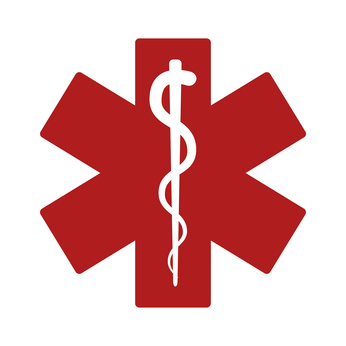Seniors Going Organic: Is it Worth the Cost?
 Organically grown fruits, vegetables, grains, and meats are costlier than commercially produced foods, and are widely believed to be healthier for the body. Many seniors watch what they eat, and buy organic, but are these food items really going to make a difference, and are they worth paying the premium price?
Organically grown fruits, vegetables, grains, and meats are costlier than commercially produced foods, and are widely believed to be healthier for the body. Many seniors watch what they eat, and buy organic, but are these food items really going to make a difference, and are they worth paying the premium price?
Good nutrition is an important aspect of senior health, and is often a weak point – many senior have a poor appetite, and tend to grab easy-to-consume foods, rather than focusing on planning and preparing a healthy meal. Frozen meals, ready-to-eat options, and eating out are often the solution.
When considering how to improve overall health, seniors may want to eat more organic foods. From a practical standpoint, these foods do not have the levels of pesticide residue, heavy metals, or antibiotics used in raising beef, chicken, or other protein. From another perspective, it is still healthier to eat fresh produce and healthy grains that have been grown commercially than consistently eating a diet devoid of fresh fruit, vegetables, whole grains, and healthy proteins.
A focus upon avoiding high-fat foods, sweets such as cookies, donuts, cereal, and candies, highly-processed foods, and processed grains is far more important to senior health than focusing on whether to buy organic or commercially-grown, particularly for seniors living on a fixed income. For those with more financial flexibility, eating an organic diet does have the advantage of limiting intake of the thousands of chemicals used in commercial farms and orchards.
Some scientific evidence has established that seniors – and people of any age – can have real benefits from eating organic. For meat and milk, organic options contain in the range of 50 percent more omega-3 fatty acids – known to be anti-inflammatory and to support brain health. Omega-3 supplements are available, and many seniors add these to their diets.
Healthy Aging and Nutrition
The problem for many seniors is understanding that eating a nutritious diet has an impact on longevity, cognitive ability, and warding off depression. Developing healthy eating habits, even late in life, can increase quality of life across the boards. Failing to eat healthy foods, while being on several medications (very common), can lead to a constant feeling of malaise and feeling dizzy when standing or walking. Basics such as drinking plenty of water rather than coffee, tea, and sugary juices and drinks, eating fresh, raw veggies and fruits, and plenty of healthy protein can help seniors avoid a higher risk of falling. With falls coming in as a leading cause of serious injuries and death in seniors, doing all you can to stay healthy becomes even more critical.
Many seniors take action by improving what they eat – whether organic or not – and add other protections, such as a medical alert with an emergency call button. The emergency call button is a feature that has saved countless lives, as a quick press of the button in the home, on a pendant or bracelet, gets emergency help on the way. As seniors, even those who are committed to eating a healthy diet often live with vision problems, balance problems, or weakened muscles, taking advantage of the protection provided by a medical alert with an emergency call button can be a lifesaver.
To review the range of options in medical alerts with emergency call buttons in one place, look over easy-to-read reviews of the systems and features now available.



